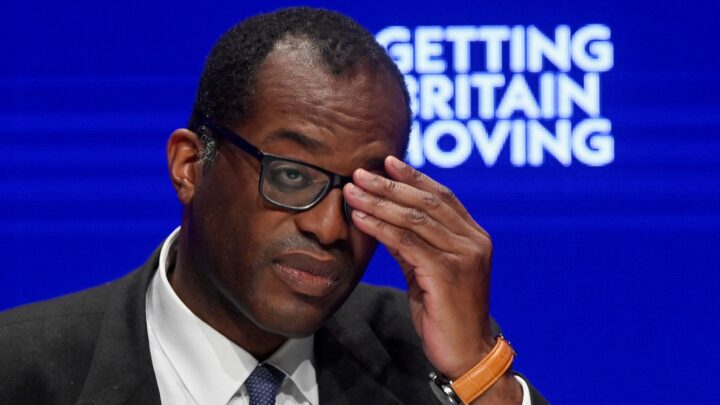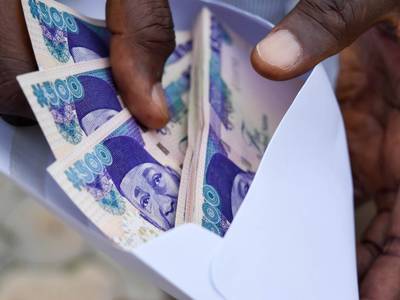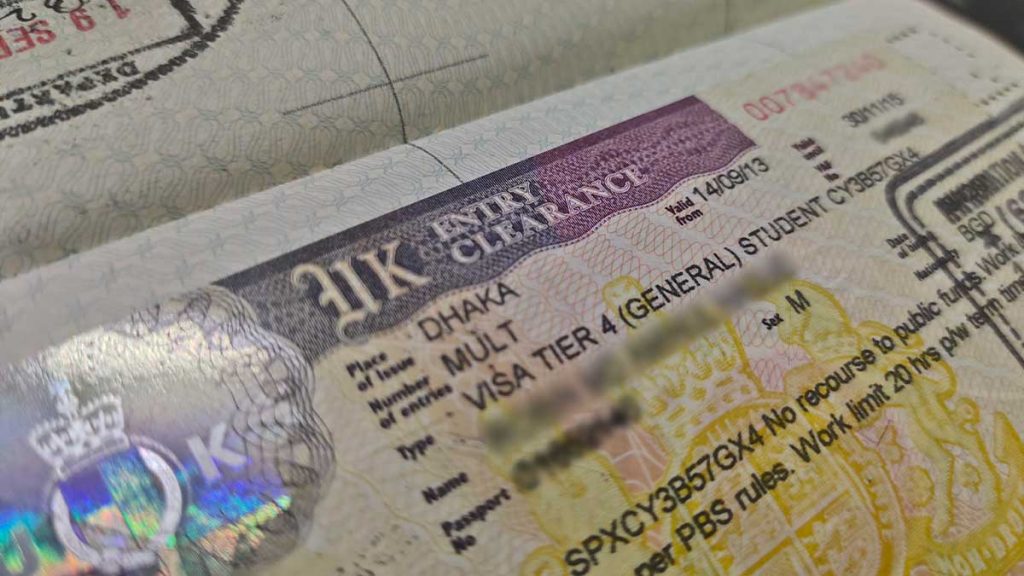BY OLAOLU BECKLEY
I was introduced to Yemi Osinbajo (SAN) in 2008 and the reason was our mutual love for music! Osinbajo had this idea to have an all-female band, and I was invited to be the drummer. Right from that first interaction, it was obvious to me that he felt girls/women should be given the same opportunities and platforms as men and recognized for their talents. It is no surprise that his birthday falls on the same day celebrating women; International Women’s Day, March 8.
Fast forward to 2017, I became his special assistant on documentation and part of what I document includes his speeches. Over and over, I have heard him speak about girl-child education, women’s rights and female representation in leadership positions, to name a few. It’s so refreshing in a world where some still think women should be confined to the role of being housewives and rearing children. A case in point is what is currently happening in Afghanistan with the Taliban-led government.
Let me cite a few recent instances where the professor spoke in defence of women. At the 2022 edition of The Women Directors’ Conference Themed ‘Facing Forward – The Evolving Nature of Boards in a Rapidly Changing World’, he made the case for female representation across all strata of society and not just for a few privileged women.
Advertisement
Emphasising that opportunities for women must not be reduced only to those who have the good fortune of education, the VP said; “there is a much larger fight for the future of a large majority of girls who are not even represented in primary schools. The states of the federation control primary and secondary education, they must be engaged in the advocacy and persuasion efforts”.
In terms of efforts by the federal government regarding girl-child education, Osinbajo noted at the 6th anniversary of the Future Assured Project that; “in 2020, the federal executive council approved a World Bank credit facility in the sum of $500 million to finance the Adolescent Girls Initiative for Learning and Empowerment. This initiative is particularly important because it was meant to improve secondary education opportunities among girls in certain targeted States which includes Borno, Ekiti, Kaduna, Kano, Katsina, Kebbi and Plateau”.
Despite the interventions, women and the girl child continue to face challenges regarding access to education. For instance, in northern Nigeria, there is still a high level of female illiteracy. Cultural beliefs among other factors, continue to limit access for young girls and women to education, putting them in disadvantaged positions in an emerging world that is knowledge-based and technology-driven. This in itself, affects the overall development of the country. And like the VP has said often, how can we hope to develop a nation when we don’t directly address the empowerment of about half the population? This makes so much sense and not only am I fascinated by the logic, it’s something I fully agree with and would work hard to personally advocate for as well.
Advertisement
Regarding women’s participation in politics, Osinbajo is one of the most vocal proponents of increased opportunities for women. This is even against the background of the national assembly rejecting five gender equality bills that sought to alter the constitution to the nation’s bewilderment.
However, the VP emphasised women’s involvement in politics at the National Forum of APC Women, explaining that any society that refuses to acknowledge and deploy the talents, skills, energy and capacity of half of its population (women) in the governing of the country has set itself up for failure.
Someone who also feels the same way is the former president of the United States, Barack Obama. In 2019, at an event in Singapore centred on leadership, Obama affirmed that if women were given the opportunity to be presidents, there would be a general improvement in the living standards of people. He even went as far as saying that women aren’t perfect, but are “indisputably better” than men.
In empowering women, Osinbajo is perhaps women’s strongest advocate, insisting on reserving certain quotas exclusively for them, particularly some of the government’s social and entrepreneurial programmes.
Advertisement
Out of the 2.4 million beneficiaries of the Government Enterprise and Empowerment Programme (GEEP), 1.2 million were women — 56.4% of beneficiaries. Over the last four years, N38 billion in loans have been disbursed and of the 1.1 million beneficiaries of the Conditional Cash Transfers — 98% are women. For the youth employment programme, N-Power, out of the 526,000 employed, 40.4% are female and of the 106,074 cooks in the Home-Grown School Feeding Programme, 97% are females.
Again like the true champion for women’s rights that he is, Osinbajo in his remarks at the Women in Africa Initiative Webinar in March 2021 re-echoed the need to transform the discriminatory mentality and sexist attitudes that impede women. He is of the opinion that the solution to this involves the engagement of leaders across religion, the private sector, professional bodies, community leaders, and civil society organisations.
I am encouraged by the idea that men are now being challenged to stand shoulder-to-shoulder with women in the struggle for gender equality and equity. Is there a difference between gender equality and gender equity you may ask? Absolutely!
An article written by Agnes Binagwaho excellently defines the difference between gender equality and gender equity.
Advertisement
Her words: “While gender equality is simply focused on providing men and women with the same equal opportunities, gender equity works to correct the historical wrongs that have left women behind. Gender equity also means giving women the tools to succeed”.
We need more men like Osinbajo to speak up for women in terms of equality and equity. Voices like his help shape and mould the minds of others to see women for who they truly are; strong, value-adding, intelligent and crucial members of any society.
Advertisement
Views expressed by contributors are strictly personal and not of TheCable.
Add a comment






